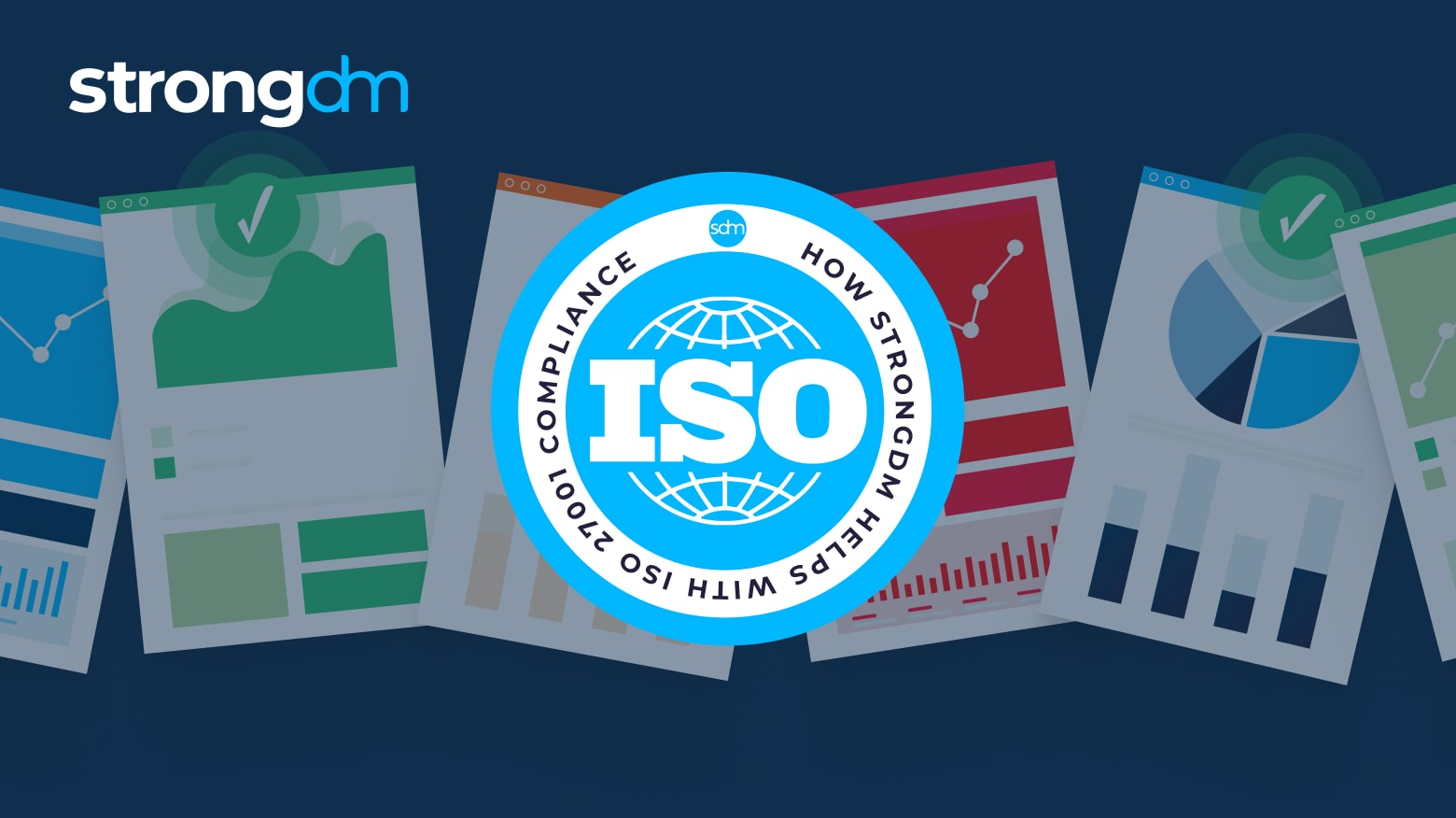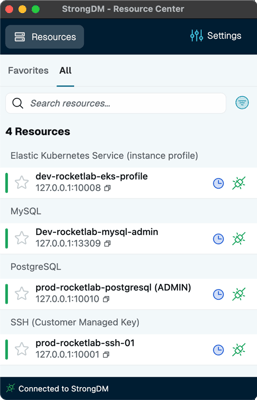To become ISO 27001 certified, organizations must align their security standards to 11 clauses covered in the ISO 27001 requirements. In this article, you’ll discover what each clause in part one of ISO 27001 covers. We’ll also take a big picture look at how part two of ISO 27001—also known as Annex A—can help your organization meet the ISO/IEC 27001 requirements.
Posts by Category:
- Security
- Access
- DevOps
- Auditing
- Privileged Access Management
- Policy
- Zero Trust
- Compliance
- SOC 2
- Authentication
- Databases
- Identity and Access Management
- Compare
- Team
- Product
- Integrations
- Kubernetes
- AWS
- Engineering
- Productivity
- Podcasts
- Observability
- SSH
- HIPAA
- ISO 27001
- Dynamic Access Management
- Role-Based Access Control
- Secure Access Service Edge
- Webinars
- Events
- NIST
- Onboarding
- Passwordless
- Offsites
- Platform
- PCI
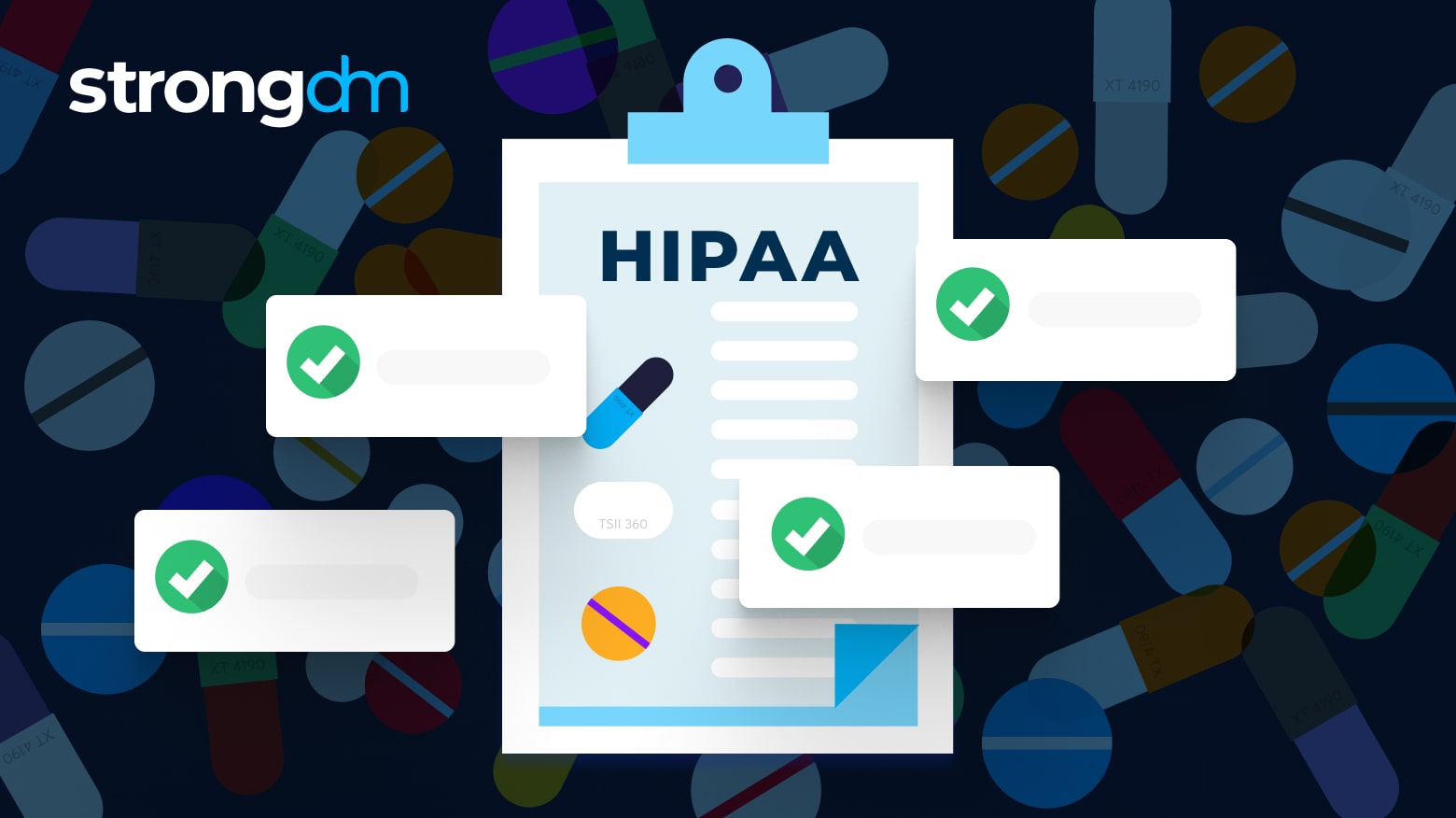
Following a HIPAA compliance checklist can help HIPAA-covered entities comply with the regulations and become HIPAA compliant. In this HIPAA compliance guide, we’ll review the 8 primary steps to achieving HIPAA compliance, tips on how to implement them, and frequently asked questions.
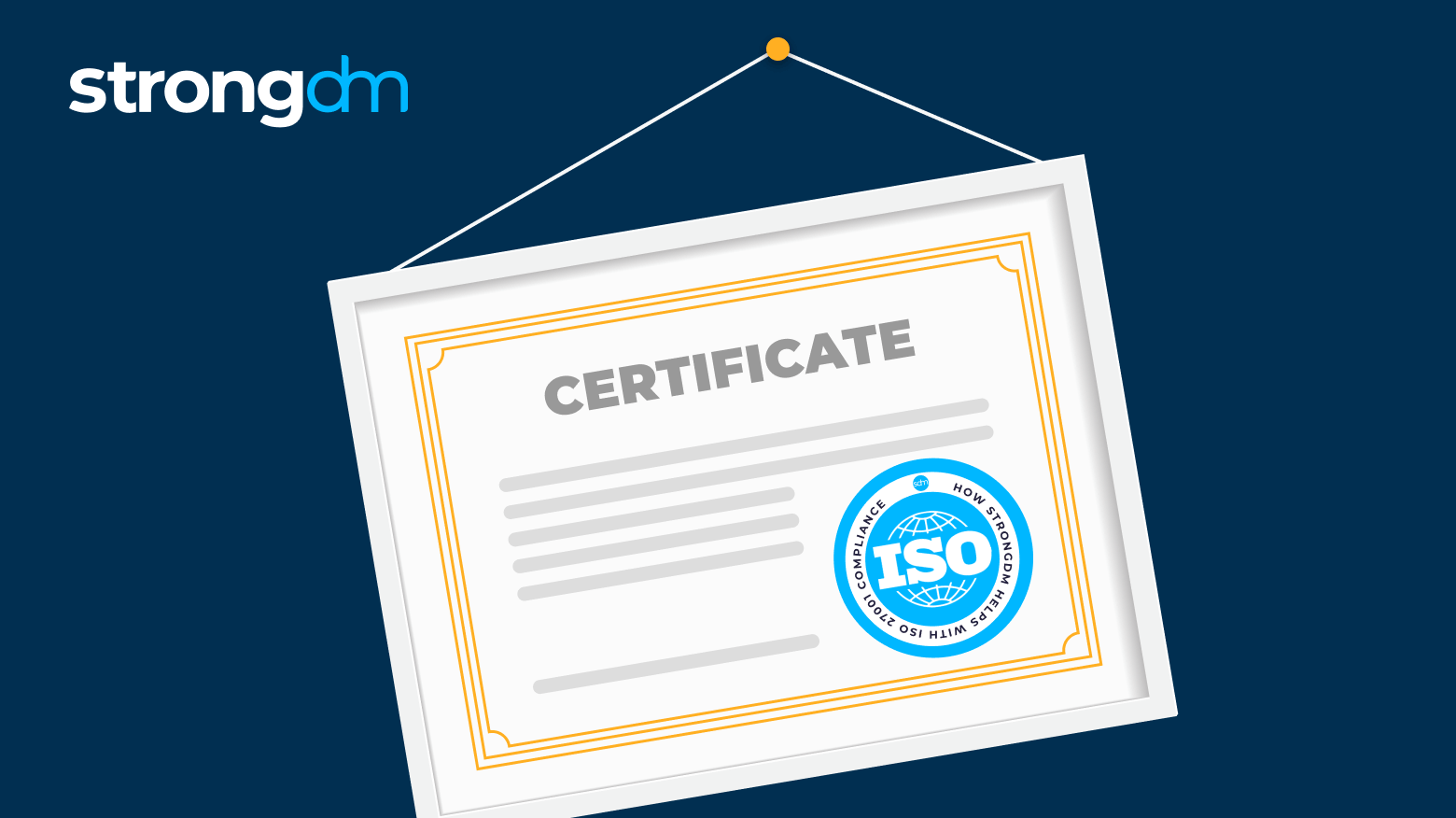
This article examines what happens after companies achieve IT security ISO 27001 certification. We’ll answer questions about how to maintain ISO certification, how long ISO 27001 certification is valid, and the costs and risks of failing to maintain compliance. By the end of this article, you’ll know the certifying body requirements and what your checklist should look like for staying on top of your ISO 27001 certification.
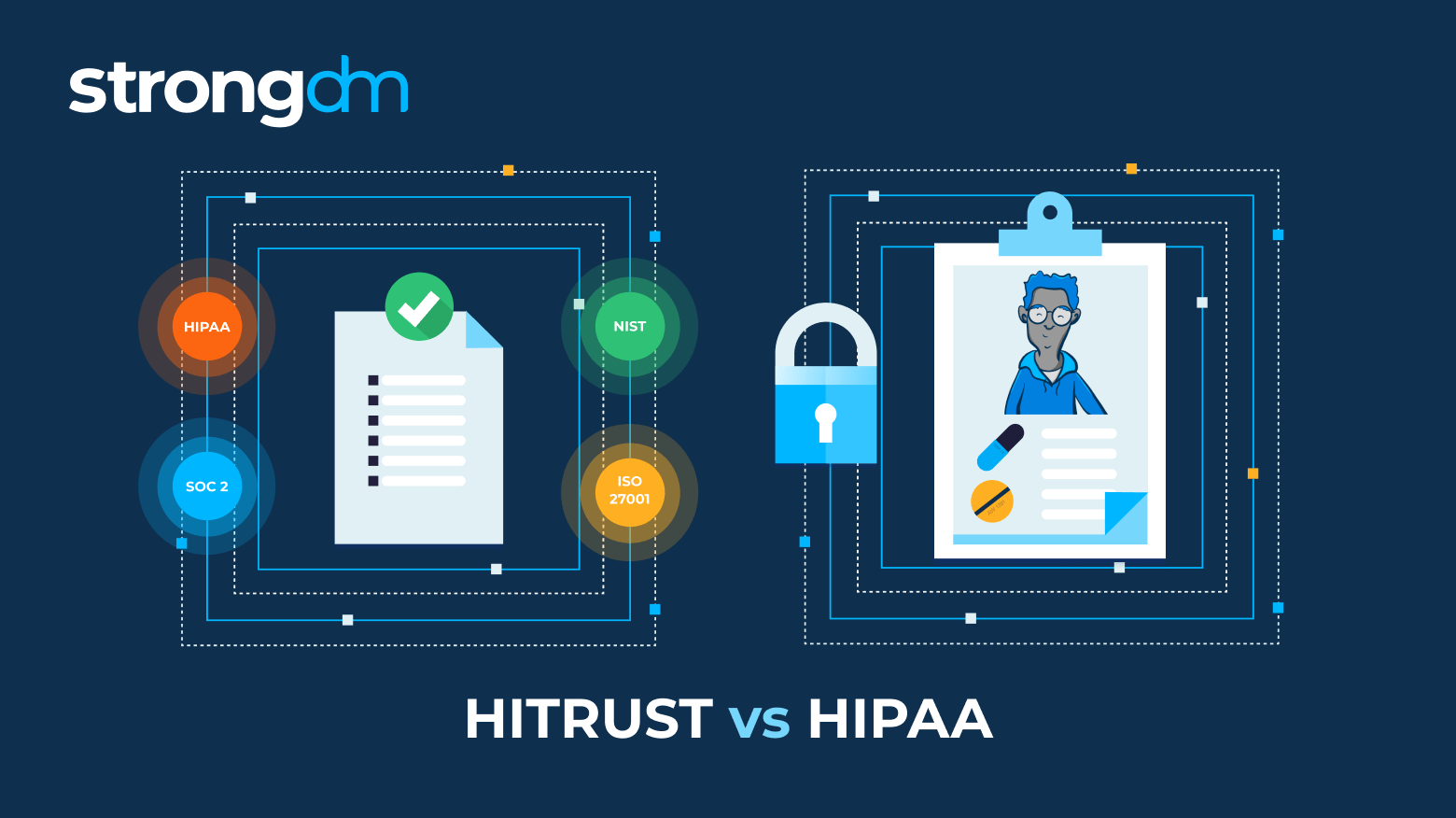
HITRUST and HIPAA often go hand-in-hand when talking about security compliance. But what are they, and how do they compare? In this article, we’ll review HITRUST vs. HIPAA, including their differences, similarities, and advantages, and we’ll explain how and when to use them in compliance efforts.
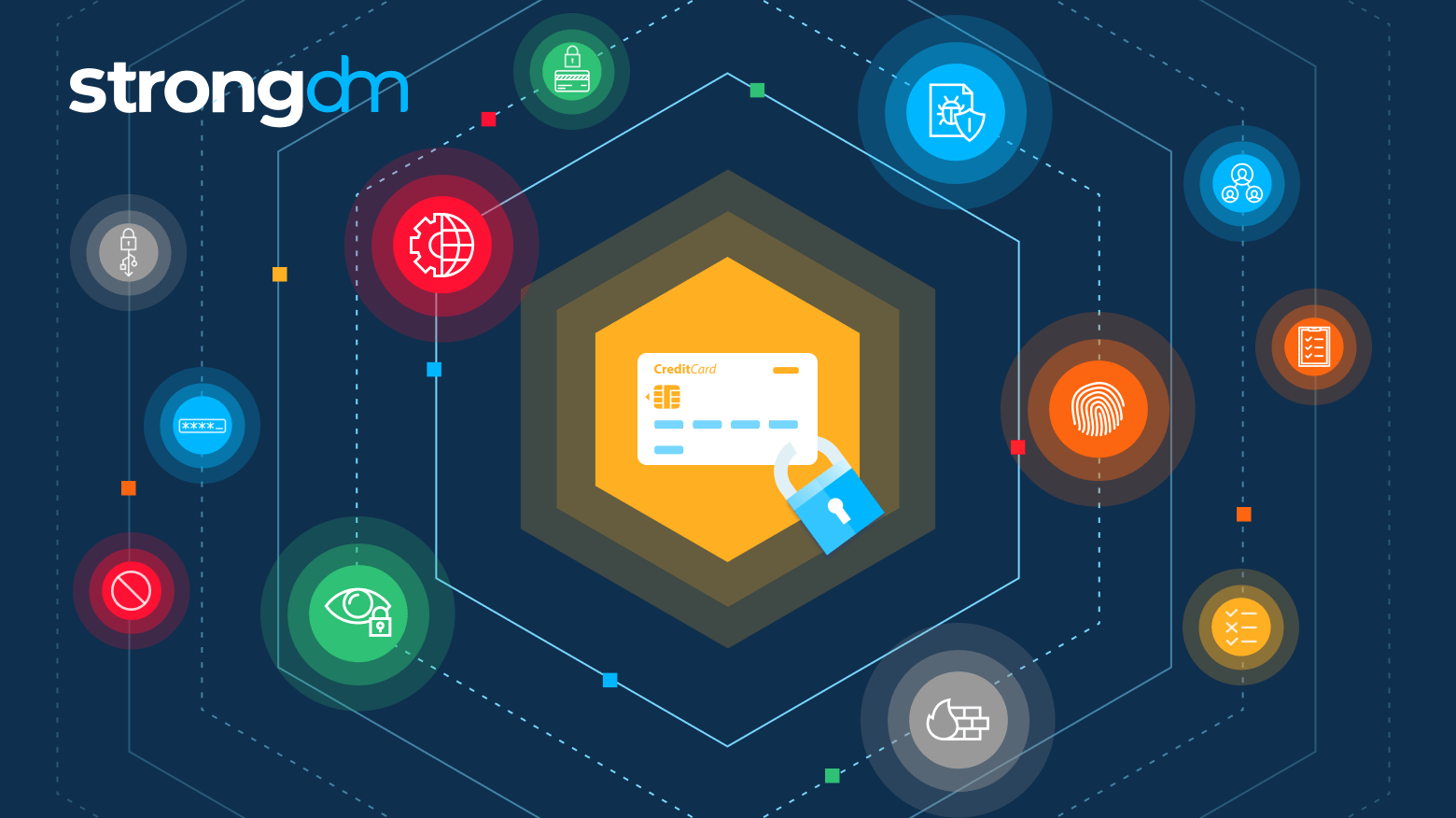
In this article, we will take a big-picture look at the Payment Card Industry (PCI) Data Security Standards (DSS). You’ll learn what is required to be PCI compliant and what’s involved in each of the 12 PCI DSS requirements. You’ll also find a handy PCI Compliance Checklist for easy reference, including new PCI compliance requirements.
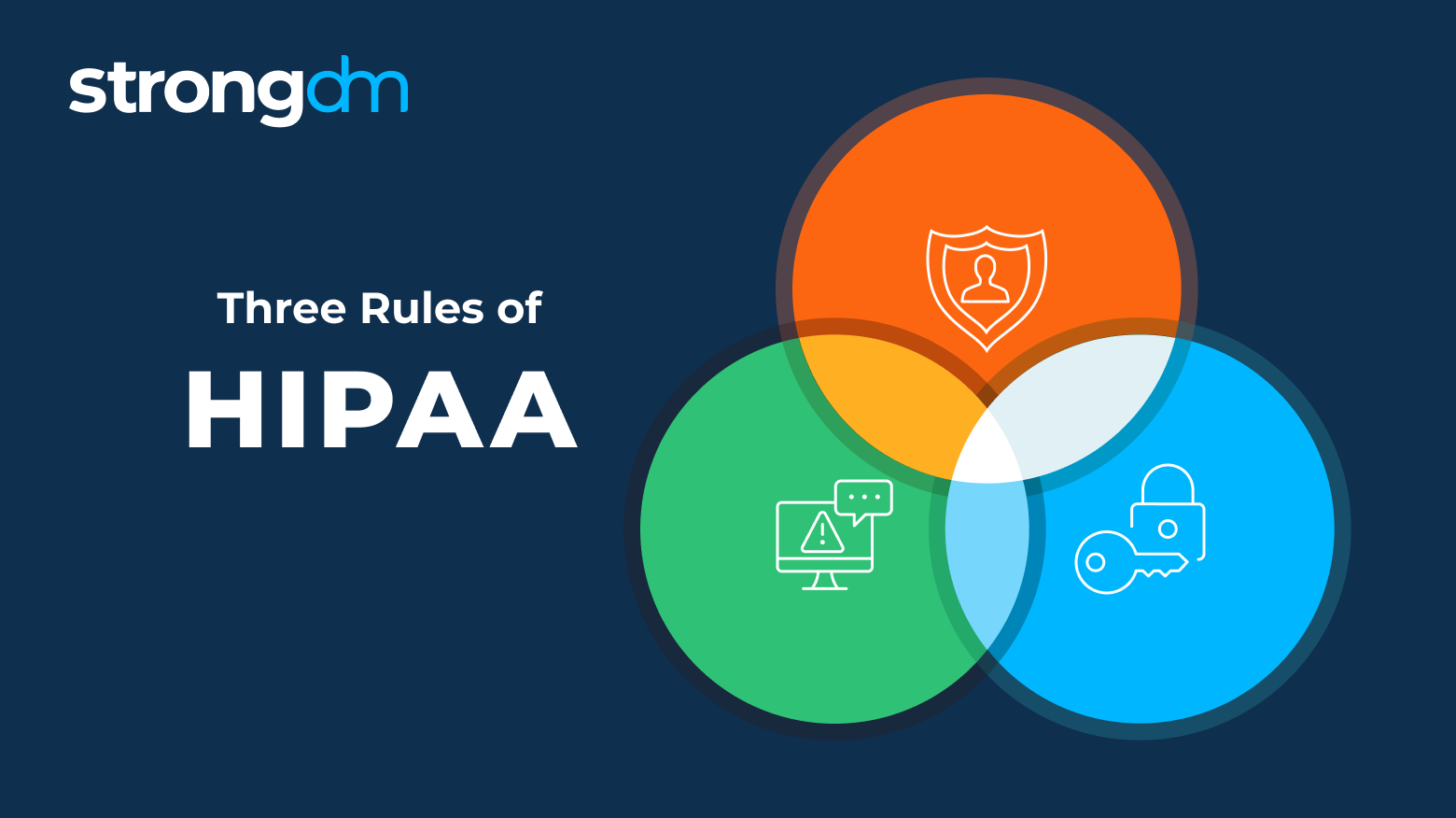
While HIPAA rules benefit both patients and providers, failure to comply with these standards can have significant downsides for both parties. That’s why it is important to understand how HIPAA works and the key areas it covers. Read on to discover the three rules of HIPAA and how you can apply them to help your organization ensure compliance.
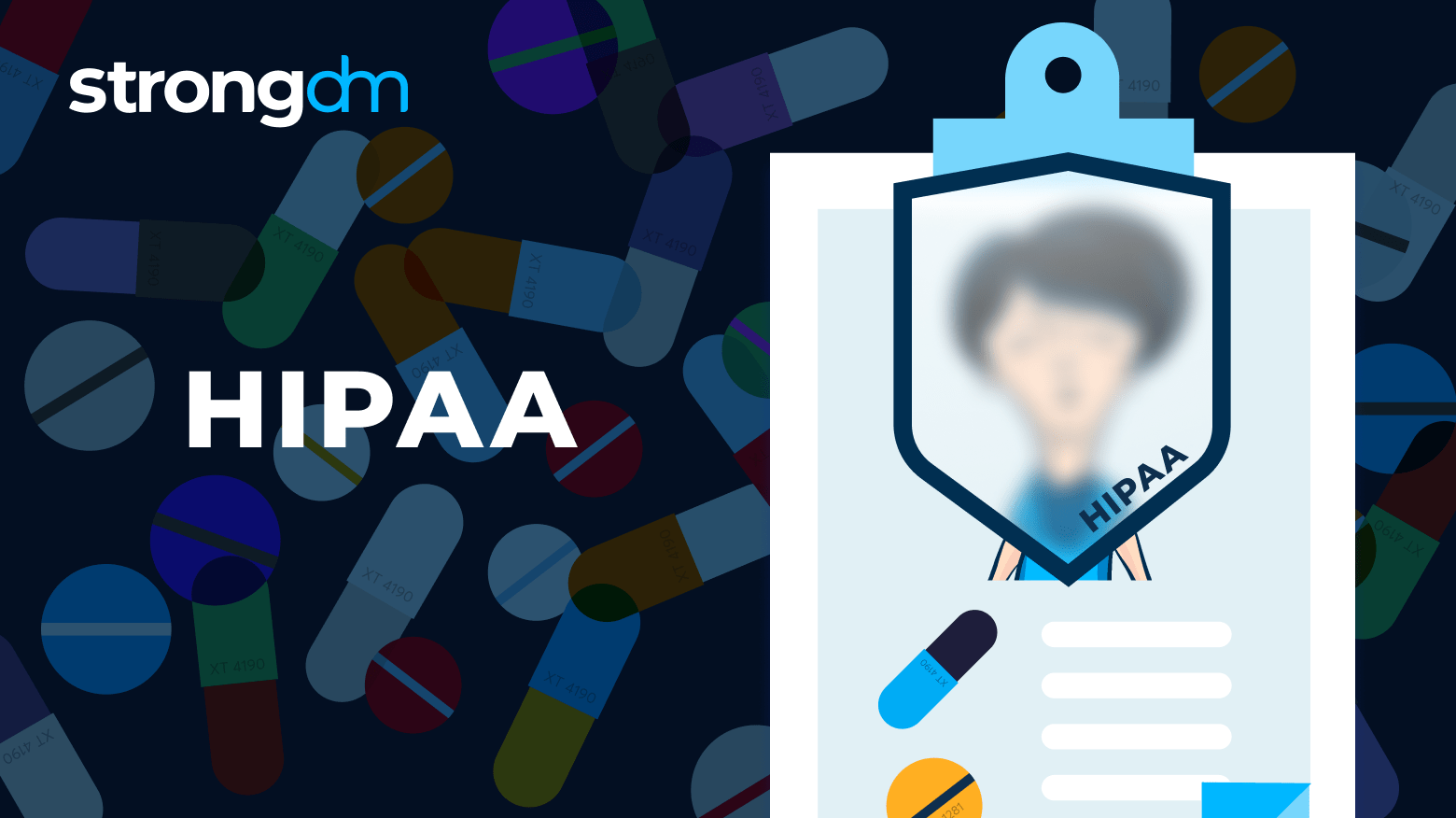
This article gives you a broad look at the Health Insurance Portability and Accountability Act (HIPAA) minimum necessary standard. You’ll learn about its requirements, exceptions, and how to implement it.
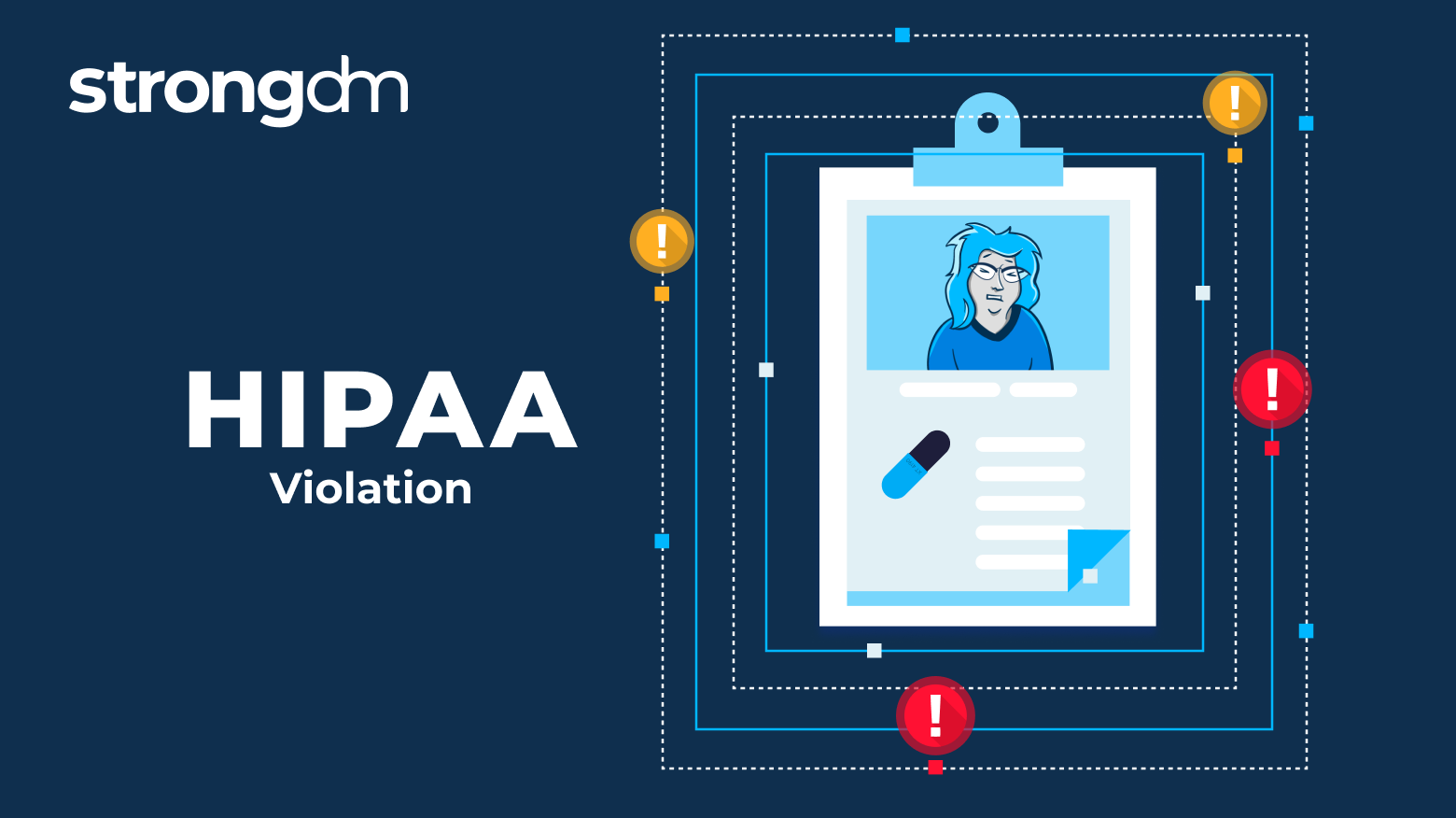
This article digs into Health Care Accountability and Portability Act (HIPAA) violations. Discover what they are and get examples of typical HIPAA violations in healthcare. Plus, learn how breaches are detected and reported and what you can do to protect your organization.
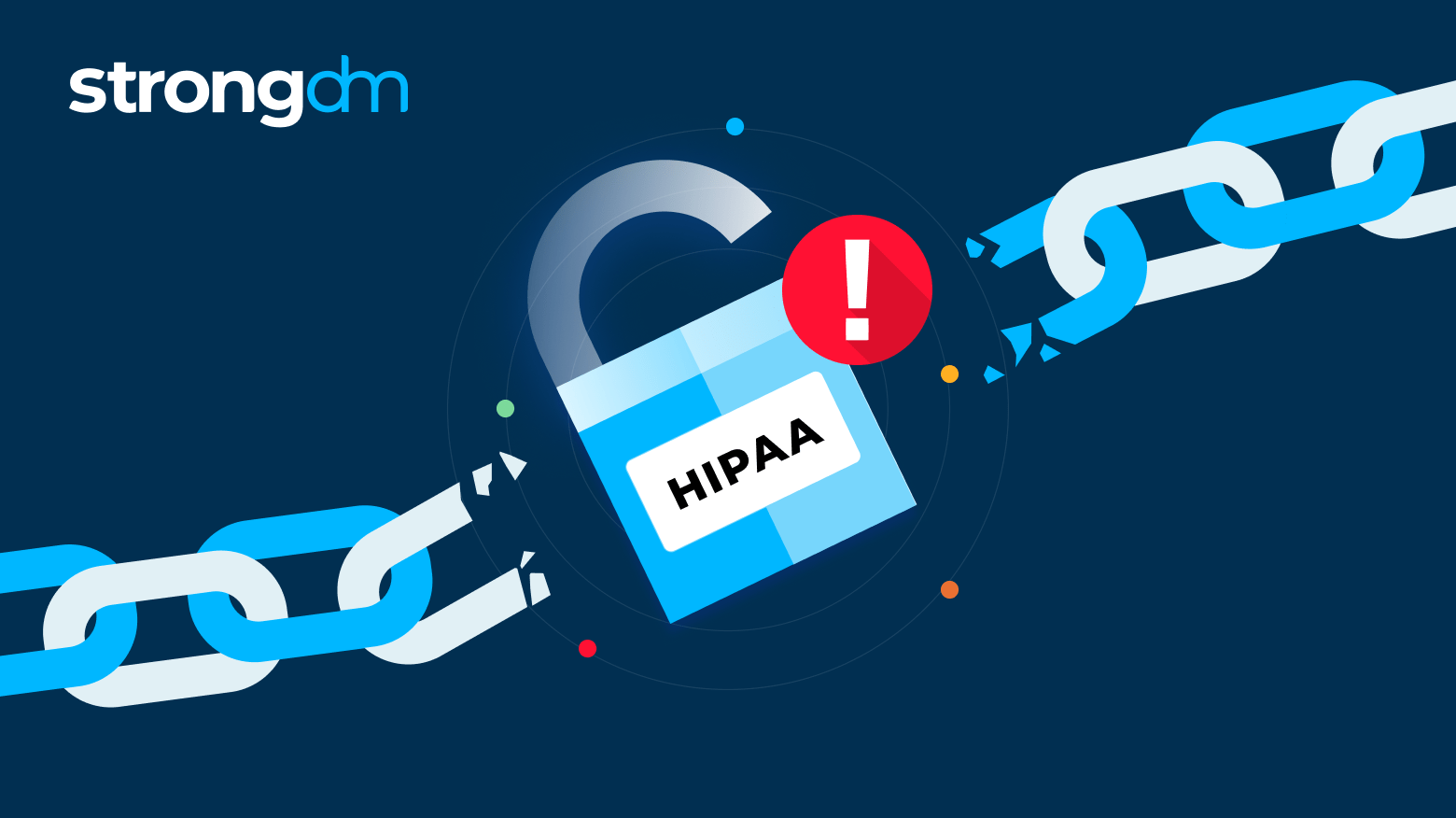
This article breaks down the different HIPAA penalties—including civil and criminal penalties—and the maximum penalties for HIPAA violations. Find out who is liable under HIPAA, what the most common HIPAA violations are, and how to ensure compliance and prevent HIPAA violations in your own organization.
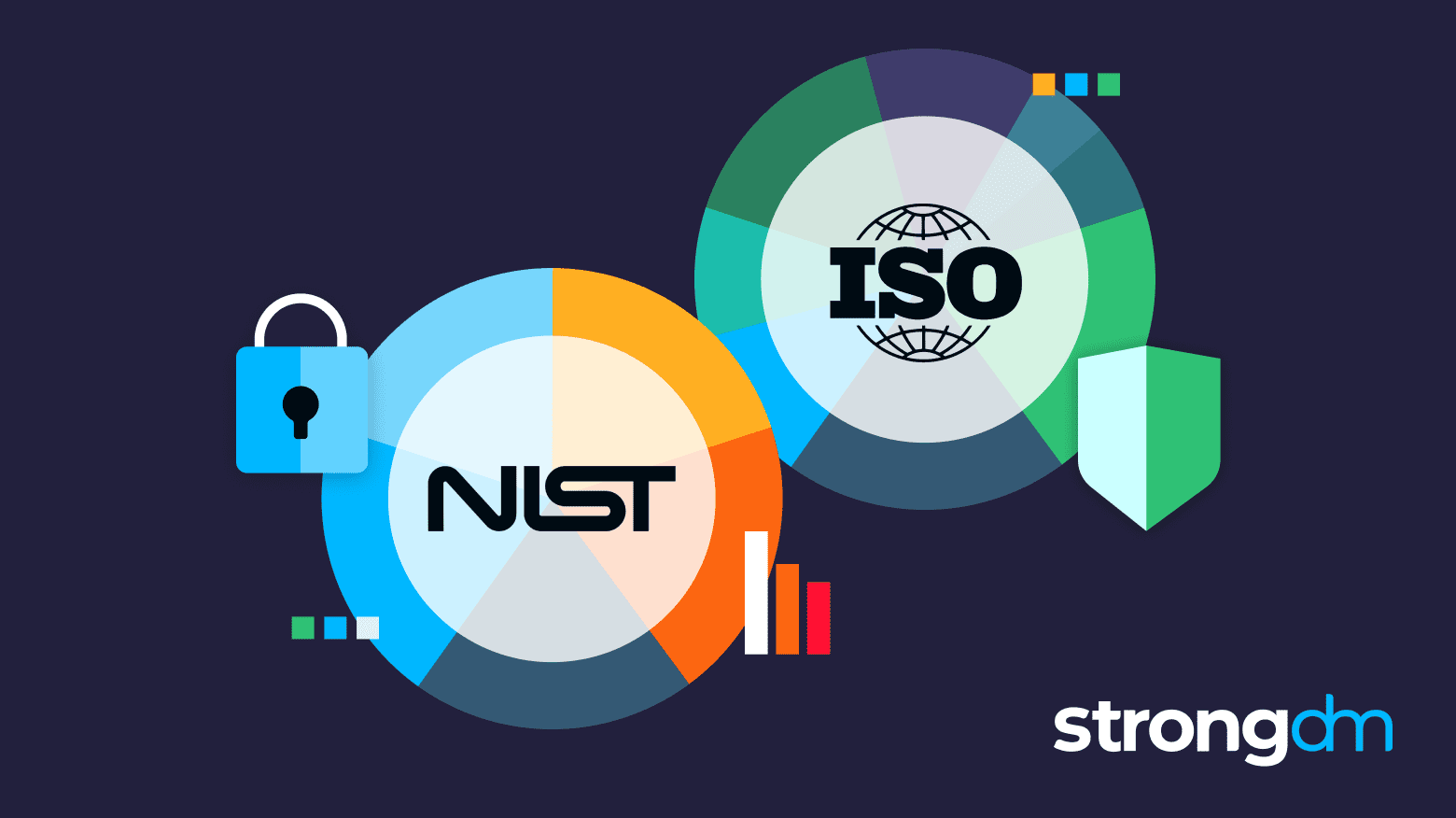
As a business, you need to have benchmarks to work against in all facets of your work. That's especially true when it comes to cybersecurity. In this area, there are two main groups that offer guidelines: The National Institute of Standards and Technology (NIST) and the International Organization for Standardization (ISO). What's the difference between the two, and which one should you follow? Here's what you need to know.
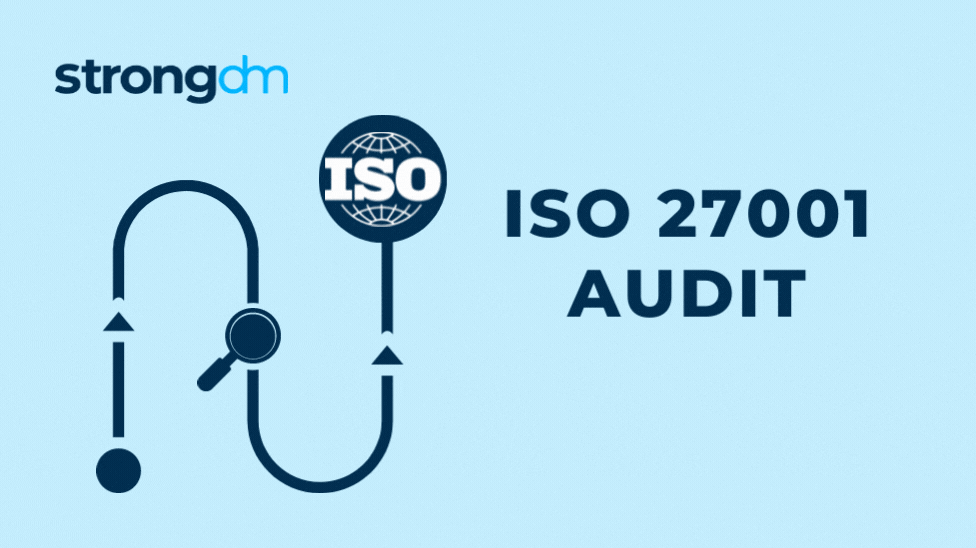
In this article, we’ll cover everything you need to know about conducting ISO/IEC 27001 audits to receive and maintain your ISO 27001 certification. You’ll learn about ISO 27001 audit requirements, why an ISO 27001 audit is important, how long it takes to conduct audits, and who can conduct audits that prove your company follows up-to-date information security management best practices.
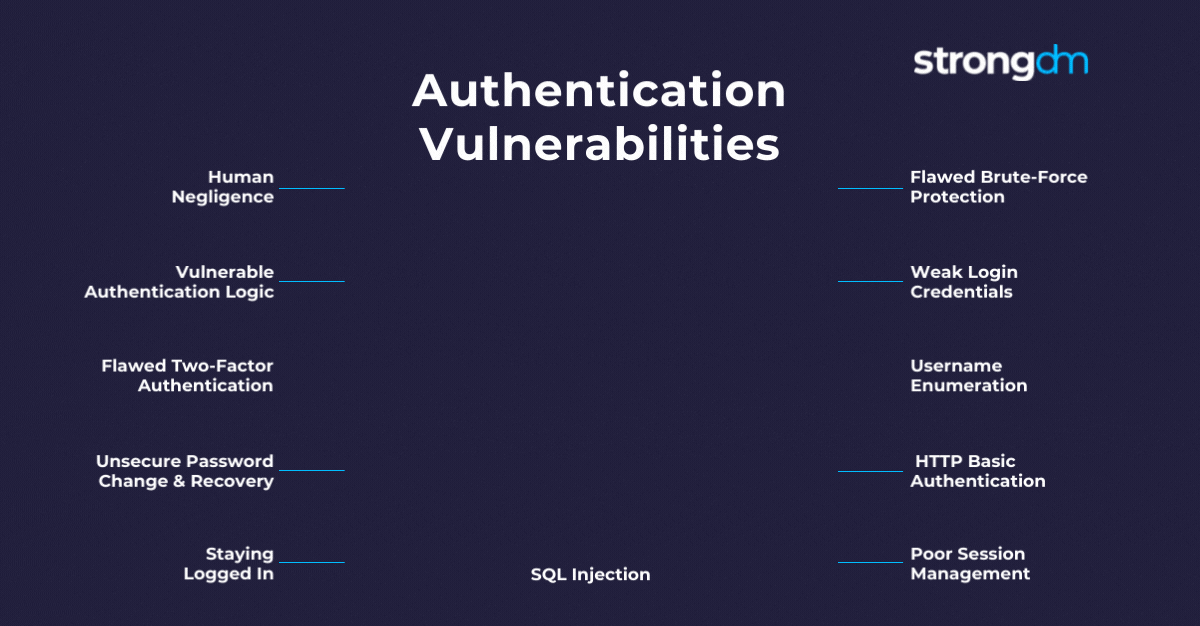
In this article, we’ll take a look at what authentication vulnerabilities are, how they emerge, and how these issues can affect your organization. Also, you’ll learn about the most common authentication-based vulnerabilities and their implications. By the end of this article, you’ll know the best practices to prevent these authentication issues and keep sensitive data safe.

When it comes to self-hosting critical web infrastructure, modern security requires more than simply siloing an appliance to a local network. In this article, we will discuss new methods for authentication bypass vulnerabilities, simplify end-user experiences, and satisfy compliance requirements—without the need for legacy VPN solutions. Here’s how.
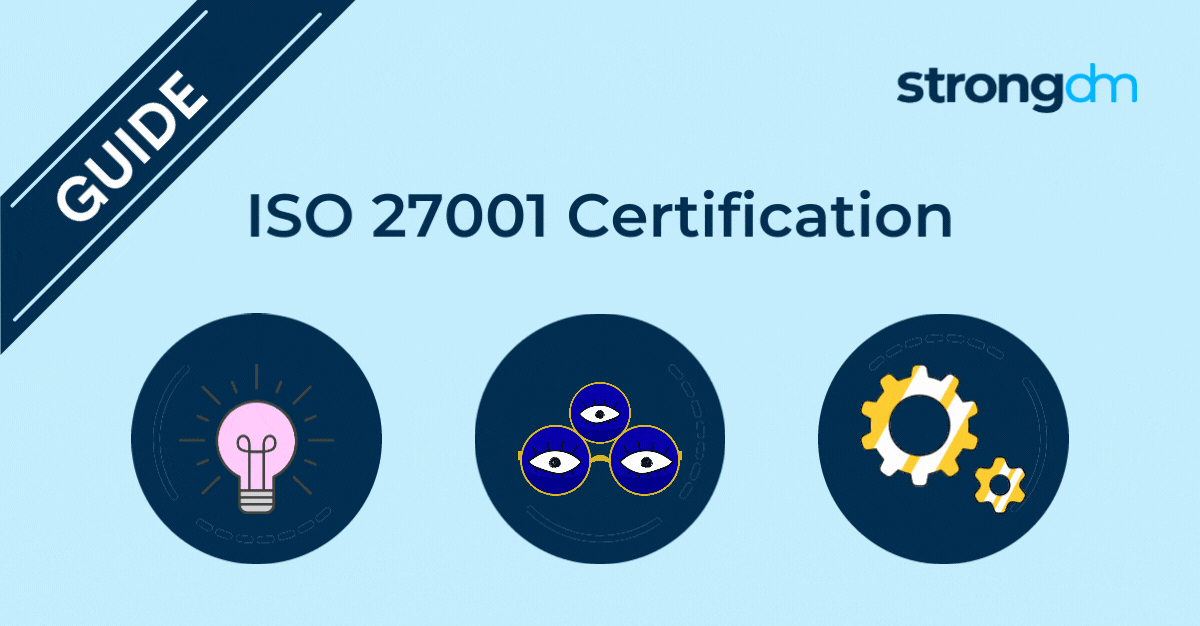
In this article, you’ll learn about what the ISO 27001 certification process is and how it can be used to lay the foundation for a secure organization. By the end of this article, you’ll have a good understanding of why an ISO 27001 certification is a signal of an organization’s commitment to data protection and risk mitigation.
